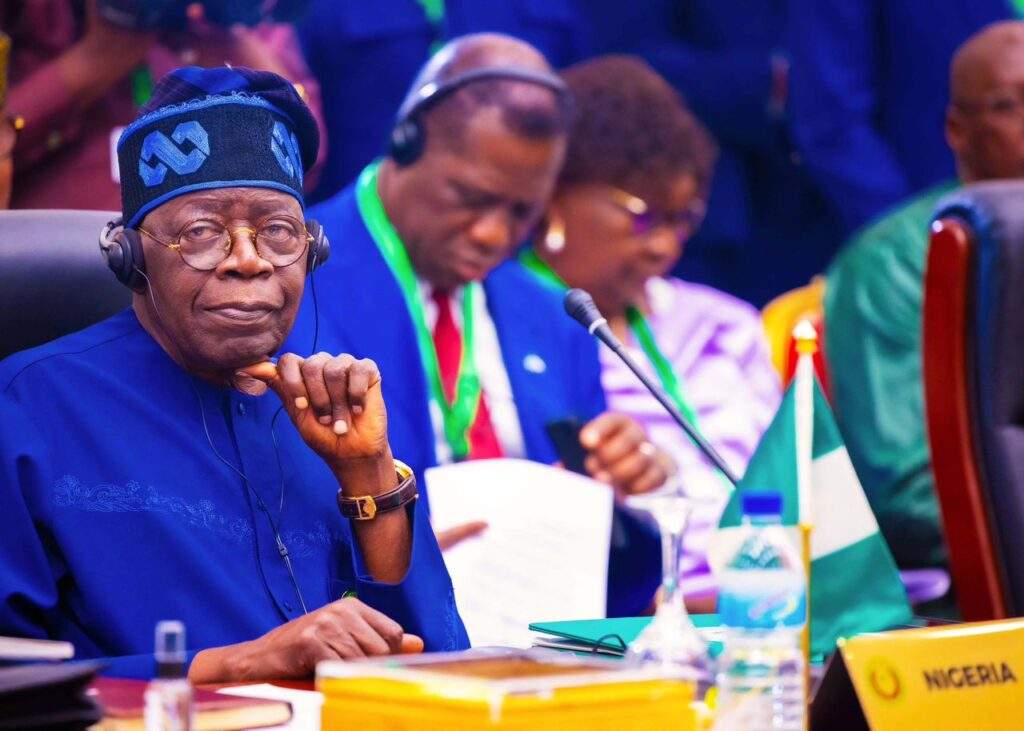In a bold and unprecedented move, the military regimes of Burkina Faso, Mali, and Niger have declared their immediate withdrawal from the Economic Community of West African States (ECOWAS), accusing the regional body of posing a threat to member states.
Struggling with jihadist violence and pervasive poverty, the regimes have long been at odds with ECOWAS, especially since experiencing coups in 2020, 2022, and 2021 respectively, leading to their suspension from the bloc and facing severe sanctions. This led to escalating tensions, prompting the Sahel nations to make the “sovereign decision” to depart from ECOWAS without hesitation.
The sanctions, which were aimed at pressuring the military regimes to reinstate civilian governments through early elections, were denounced as “irrational and unacceptable” by the departing nations. They viewed the punitive measures as an intrusion into their efforts to shape their own destinies following the coups that ousted civilian administrations, cementing their resolve to break away from ECOWAS.
Furthermore, these nations have bolstered their stance by forming an “Alliance of Sahel States” and leveraging their collective power. This shift has also reverberated internationally, with France responding to their hardened positions by withdrawing ambassadors and troops from the region. Consequently, Russia has capitalized on the void left by France, expanding its influence both militarily and politically, altering the geopolitical landscape in the region.
The exodus of French forces from the Sahel, a region stretching across the African continent along the Sahara desert, has fueled concerns over the potential southward spread of conflicts to neighboring Gulf of Guinea states, such as Ghana, Togo, Benin, and Ivory Coast. Such a scenario could have far-reaching implications, affecting stability and security across the entire West African region.
The departure of Burkina Faso, Mali, and Niger from ECOWAS signals a seismic shift in the dynamic of West Africa, with ripple effects that could impact not only the region but also global geopolitical balances. As these nations chart an independent course, the ramifications of their disengagement from ECOWAS will undoubtedly shape the future trajectory of the entire African continent.





